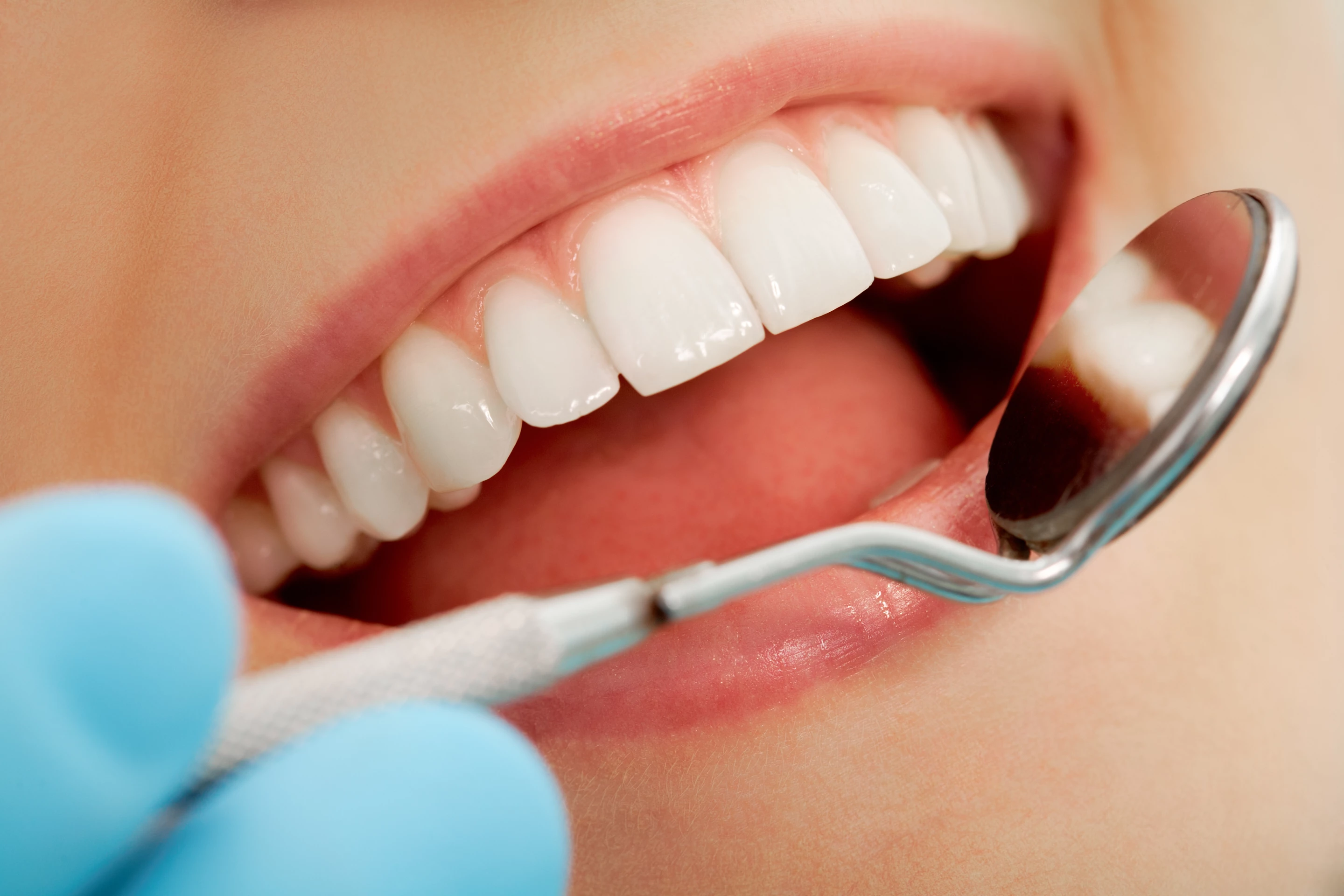Some sharks get a new set of teeth every few weeks, while crocodiles can go through thousands of chompers in their long lifetimes. Yet the ability to endlessly replace our pearly whites is something that’s eluded us and nearly all other mammals. By the time our 32 ‘adult’ teeth grow in, that’s as good as it gets.
Now, a Japanese team of scientists is set to trial an experimental drug that would allow humans to grow completely new teeth.
A clinical trial scheduled for July 2024 will initially be for participants with tooth agenesis, a genetic condition that results in the absence of teeth, but the scientists have a view to making the treatment available for general use by as soon as 2030.
"The idea of growing new teeth is every dentist's dream.” said Katsu Takahashi, lead researcher and head of the dentistry and oral surgery department at the Medical Research Institute Kitano Hospital in Osaka. “I’ve been working on this since I was a graduate student. I was confident I'd be able to make it happen.”
In an earlier study, the researchers landed on an antibody for uterine sensitization-associated gene-1 (USAG-1), which could stimulate new tooth growth in mice with tooth agenesis.
Essentially, the scientists found that USAG-1 interacts with other proteins to suppress tooth growth. Blocking the interaction can lead to bone morphogenetic protein (BMP) signaling, which triggers new tooth growth.
Following on from those 2018 mice trials, experiments with ferrets had similar success in growing new teeth. The animals grew a seventh front tooth that was the same shape and makeup as its neighbors.
”We hope to pave the way for the medicine's clinical use," Takahashi said.
For years, scientists have been trying to crack the code on the genetic expression that enables animals such as sharks to continuously grow teeth, among other experimental research, but translating it to human application has been elusive.
The original 2021 study was published in the journal Science Advances.
Sources: The Mainichi, Medical Research Institute Kitano Hospital





